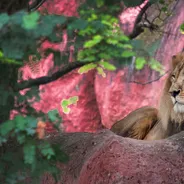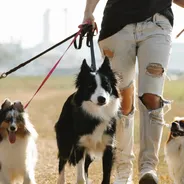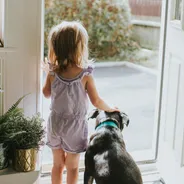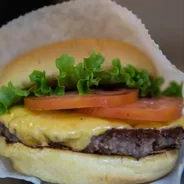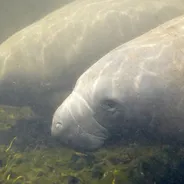Koala numbers have fallen so low, the species is now "functionally extinct," The Australian Koala Foundation has announced.
The AKF believes there are now "no more than 80,000 koalas in Australia" and possibly as few as 43,000 - meaning the marsupials are unlikely to produce another generation.
When a species is named "functionally extinct," this means that, while the animal can still be spotted in the wild, the number of potential breeding pairs is in such dramatically steep decline, there is no hope of the species surviving.
Why should we strive to save the koala? The Australian Koala Foundation's video says it all:The definition also extends to an animal population so small that it ceases to affect its environment, or one that is still breeding but from such a small number of individuals that it succumbs to genetic disease.
According to the foundation, there are no koalas left at all in 41 out of 128 Federal environments that are known koala habitats.
The new statistics have spurred Australian Koala Foundation Chairman Deborah Tabart to call on the incoming Australian Prime Minister to take action.
"After 31 years I have worked with Ministers Richardson, Kelly, Faulkner, Hill, Kemp, Campbell, Turnbull, Garrett, Burke, Butler, Hunt, Frydenberg, and Price, yet no support for the koalas have been shown," she stated. "I have heard every excuse under the sun to not step in and protect habitats. It is time they enacted the [Koala Protection Act] and create change for our koalas."

The AKF's estimation of the number of koalas left in Australia is exceptionally low compared to other statistics and precise figures vary due to the species' tendency to move around.
Research carried out in 2016 claimed there were around 330,000 koalas left in Australia, although this number could be as low as 144,000 or as high as 600,000.
Since May 2012, koalas have been officially listed as "vulnerable" in Queensland, New South Wales, and the Australian Capital Territory, meaning their populations are in steep decline or at risk from entering a decline.

Between 1890 and 1927, more than eight million of the animals were reportedly sent to London after being shot for their fur. However, nowadays, the biggest threat to the species is deforestation, as well as heatwaves spurred by climate change.
The AKF offers members of the public the opportunity to "adopt" a koala, meaning the volunteer pays for their chosen animal's upkeep and receives a personalised adoption certificate with a photo of their koala, and is free to visit their koala at its wildlife park.
In addition, the 'adoptive parent' is asked to apply political pressure to stop deforestation of the eucalyptus trees, which are koala's sole source of food.







